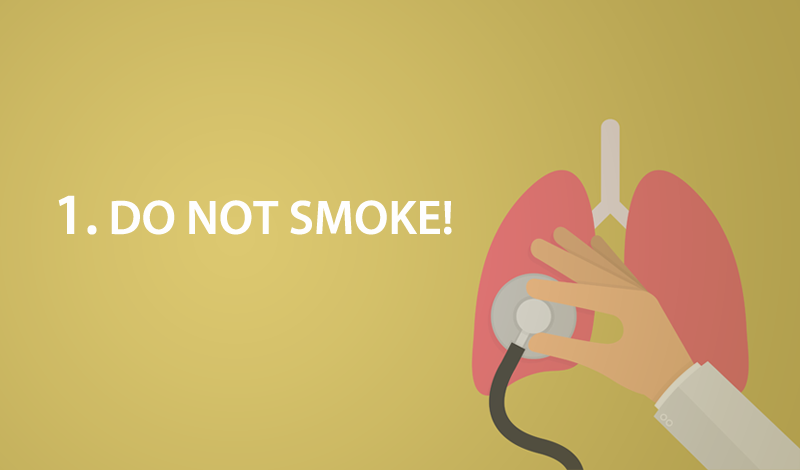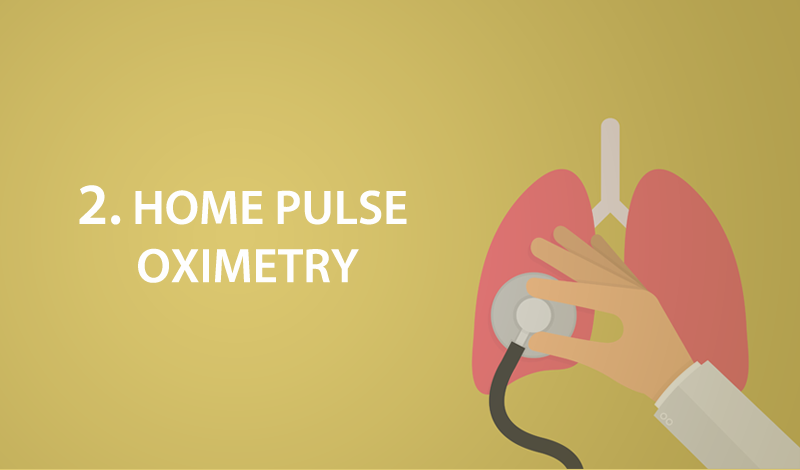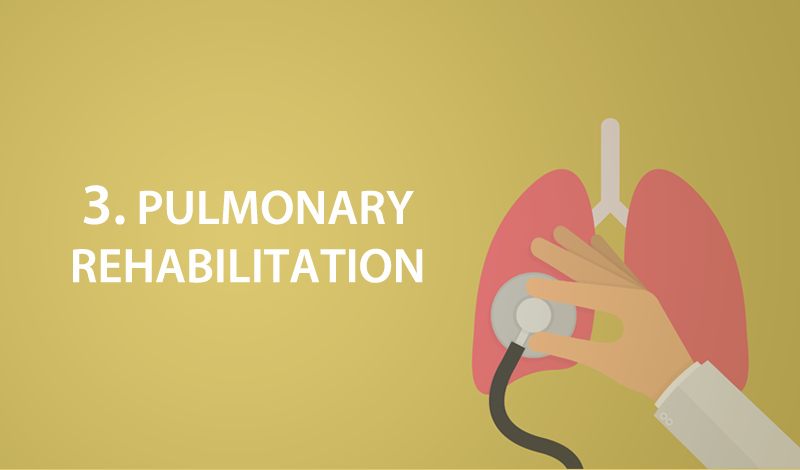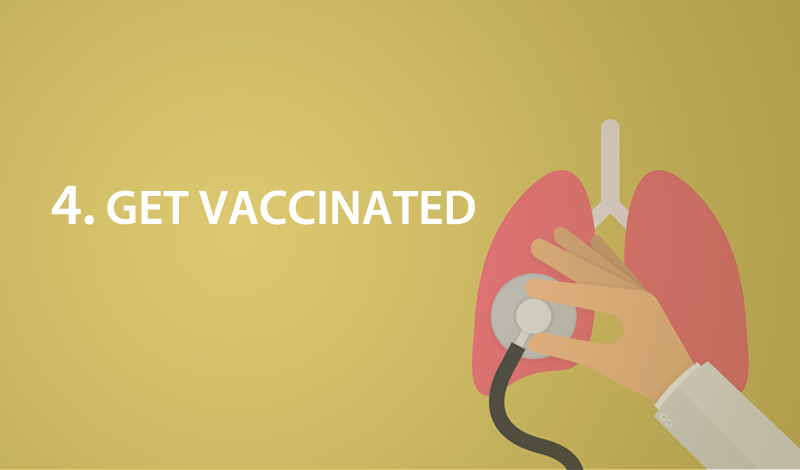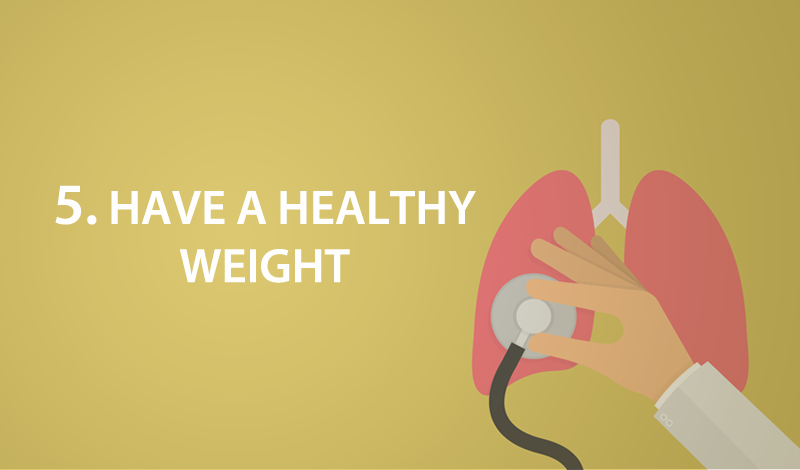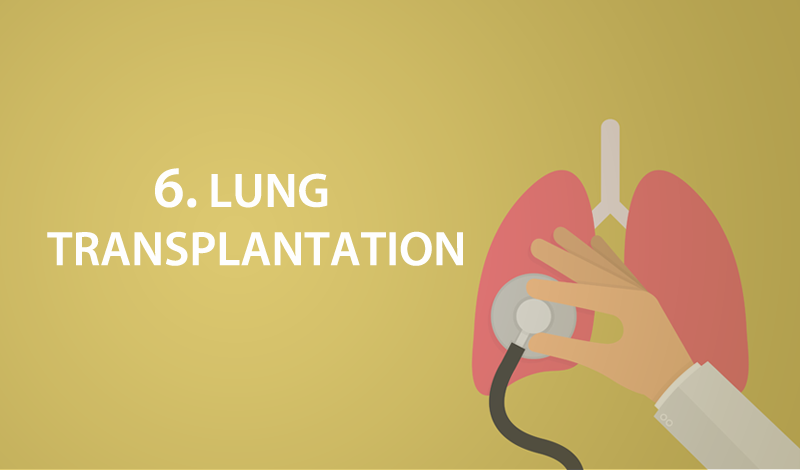6 Non-Pharmacological Pulmonary Fibrosis Treatments
Written by |
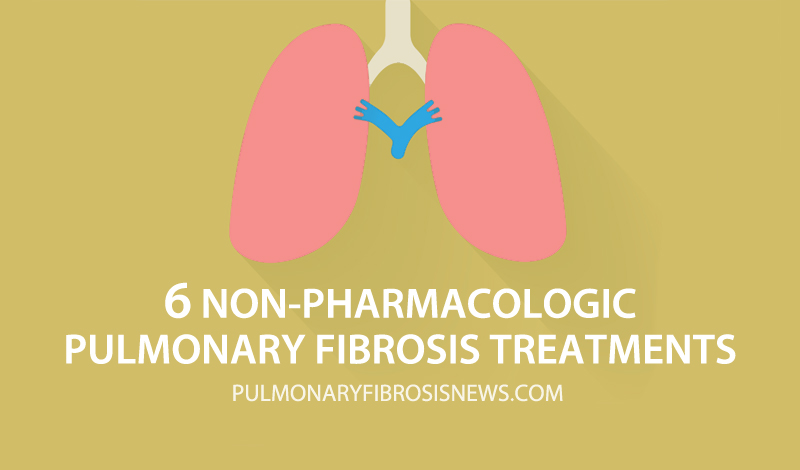
According to PulmonaryFibrosis.org, there are several types of treatment options to help you with your pulmonary fibrosis. In this article, we’re focusing on bringing you non-pharmacological pulmonary fibrosis treatments.
1. Do not smoke!
If you’ve been diagnosed with pulmonary fibrosis or any other lung disease, smoking is one of the worst things you can do to your body. So if you are a smoker, you should consider quitting as soon as you can. If you’re having trouble stopping talk to your doctor to get some help.
2. Home pulse oximetry
Pulmonary fibrosis patients should be aware of their oxygen levels. Monitoring the levels of oxygen is one of the most important things they can do. Handheld pulse oximeters allow patients suffering from lung diseases and respiratory difficulties to monitor their oxygen levels at home. The ideal oxygen saturation level should be always above 90%.
3. Pulmonary Rehabilitation
Pulmonary rehabilitation, also called pulmonary rehab or PR, is a broad program that helps improve the well-being of people who have chronic (ongoing) breathing problems, including PF, with the purpose of restoring a patient’s ability to function without being breathless. Usually, this kind of rehab includes exercise training and breathing exercises; nutritional consults and counseling; and stress, anxiety and emotional management among others. Pulmonary rehabilitation has become an important part of the chronic lung diseases patients’ care and studies indicate that it improves exercise capacity and quality of life.
4. Get vaccinated
It’s important you reinforce your immune system and make it as strong as you possibly can. Therefore, getting vaccinated is a really important thing for you to do to get extra defenses. It’s important that you talk to your doctor to find out what types of vaccines you should get (flu or pneumonia vaccinations).
5. Have a healthy weight
With exercise (even mid and moderate exercise) and eating food with the right nutrients and vitamins you can achieve and maintain a healthy weight. It’s really important to get to this point, since being overweight can contribute to breathlessness and deteriorate your health. Also, if you need a lung transplant, it’s crucial that you’re a healthy weight since some transplant centers may decline lung transplantation to people significantly overweight.
6. Lung Transplantation
Lung transplantation can sometimes be the only way to save someone’s life if they’re living with pulmonary fibrosis. This treatment can improve longevity and quality of life in patients who don’t have any other significant health problems. Years ago, lung transplantation was not available to individuals aged 65 or over, but fortunately with the recent surgical techniques and outcomes, more centers are performing transplants in individuals over age 65. Although this sometimes may be the only survival option, lung transplantation has its own risks so the patient should discuss all the details with a physician to decide if this is a viable option.
Read the latest updates on about pulmonary fibrosis here: https://bit.ly/1VElTQA



